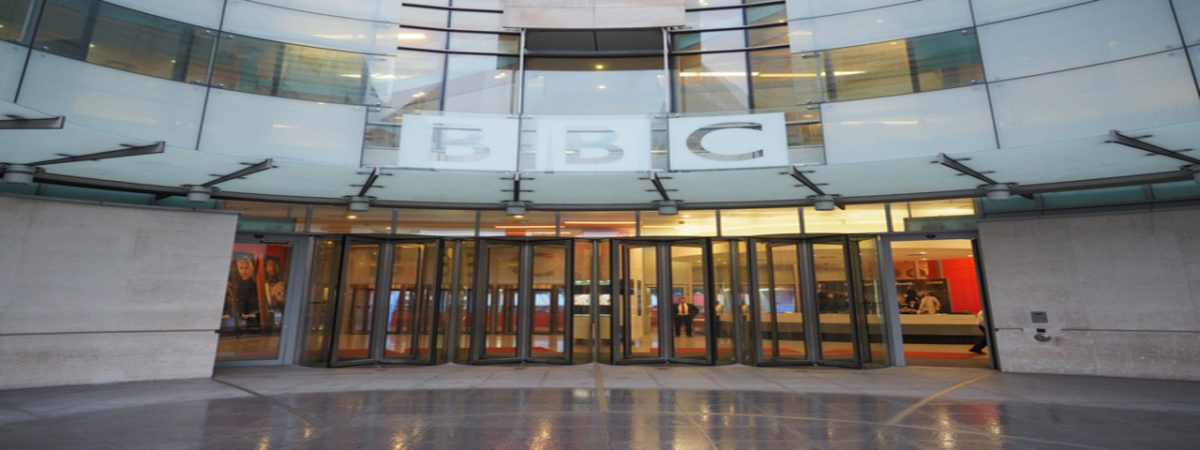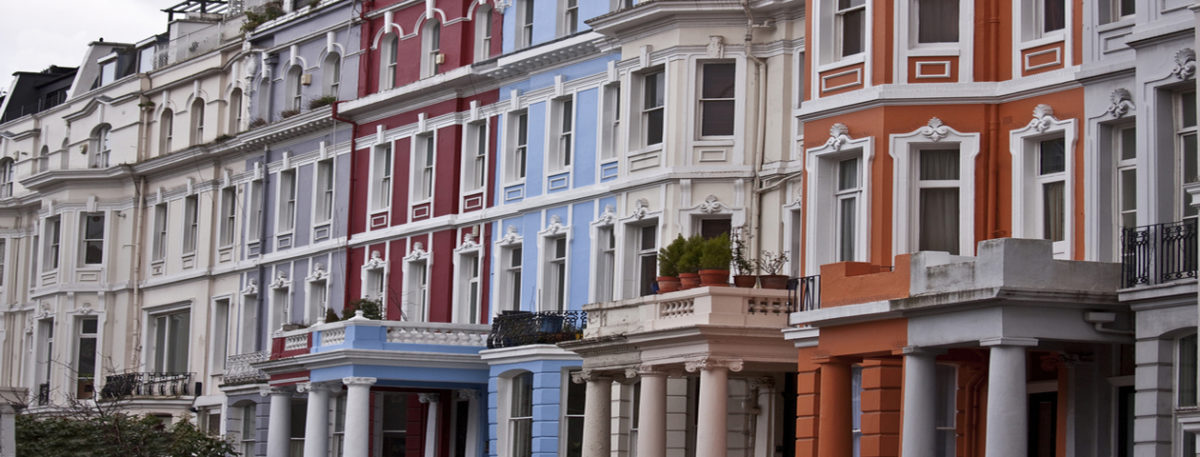Our policymakers’ hostility to low-cost flying is hurting the worst-off
SUGGESTED



An unholy political alliance of paternalists and environmentalists seems intent on killing the mass tourism that cheap air travel has facilitated.
This is a great shame. One of the virtues of innovation and growth is the democratisation of goods and services over time.
Where air travel was once a luxury, liberalisation of the industry in the 1980s opened up established airlines to competition, bringing new opportunities for those on low incomes. A University of Southampton report found that fares have become cheaper by 1.3 per cent a year since 1979.
Low-cost travel has allowed many the opportunity to visit places previously unimaginable to them, experiencing foreign cultures and topping up on the Vitamin D. This has particularly helped those of modest means. Over 13m of the leisure travellers using air travel in 2011 had reported incomes of less than £17,500 per annum. Yet few defend cheap air travel on the basis of these opportunities. Instead of celebrating the progress, we seem intent on destroying it.
Over the past decade, the veneer of environmentalism has been used to justify policies deliberately making air travel more expensive.
Even though total global flying is only responsible for 2.5 per cent of man-made carbon emissions, new airport capacity in the UK has been delayed, and extremely high levels of Air Passenger Duty (APD, a tax on air travel) imposed. The industry is part of the EU emissions trading scheme, and now researchers outline how ticket prices will need to rise by 1.4 per cent a year if airlines are to hit their ‘carbon-neutral’ targets.
I say ‘veneer of environmentalism’ because there is no economic justification for this degree of regulation and taxation. APD, for example, is already supposed to account for the social cost of carbon. Yet most available estimates of this cost suggest that APD alone, even prior to other measures, is far above the level needed. Flyers are already being overcharged for CO2 emissions.
As my colleague Kristian Niemietz outlined in his paper Depoliticising Airport Expansion, behind the supposed environmental argument is a deep distaste of low-budget tourism itself. Publications that open with the environmental case against air travel quickly descend into vocabulary like ‘binge flying’ and ‘binge mobility’.
And unfortunately, there are some policymakers – like those neo-mercantilists that want us all to holiday in the UK – who just don’t really like the idea of the masses enjoying time abroad.
It beggars belief that the moral high ground on air travel has been ceded to those who hold views so antithetical to the interests of ordinary low-income families. But perceived motive matters.
Those who favour more airport capacity and lower taxes on flying have to make the moral case for cheap travel, as well as outlining how the environmental argument is bogus.
This article was originally published by City AM.
2 thoughts on “Our policymakers’ hostility to low-cost flying is hurting the worst-off”
Comments are closed.





The capitalised value of landing slots (including APD) is around £19bn per year. That is the value of monoploy privilages as granted by the UK Government.
On top of that, we got the externalities caused by noise and air pollution.
In a free market economy, it’s only right that the airlines and the passengers pay, or else the burden falls on someone else.
We should therefore a) auction off the slots b) apply a pigouvean tax on Avgas c) have a full LVT, so residents are compensated for living close to airports (or any other kind of development, like fracking, new housing etc).
Sorted.
So we have a reason, can we hang them all yet!!